By David Blyweiss, M.D., Advanced Natural Wellness
March 21, 2016
- Weak bones aren’t confined to the elderly
- Foods that are robbing your bone strength
- 4 nutrients for stronger bones
You might think you’re protected from bone loss, fractures and breaks because you’re still in your 50’s or 60’s. But I’ll bet you didn’t know that about 40% of folks in this age group already have low bone mass in their hips or spine.
And it’s not just a “woman’s” problem. More than one in three men is vulnerable to this condition.
In fact, the husband of one of my patients recently had a minor fall in the bathroom. He’s only 62 years old, and ended up in the hospital with a broken hip. Two of the four breaks occurred in his femur, which is the longest and strongest bone in your body.
So if you think you’re still too young (or the wrong sex) to worry about bone breaks, think again.
One of the reasons you might be losing bone density is the foods you eat. A lot of today’s foods simply don’t support healthy bones.
MD Exposes the Hidden Danger to Your Eyes

When your eyesight starts to fail, it's a real problem. Suddenly you can't go to the grocery store... you can't get to the doctor if you have an emergency... you can't meet your friends for dinner…
Your "regular" doctor doesn't have time to keep up with the latest research. And the same goes for eye doctors. They go to school to learn how to fit you for glasses and contacts, but have no way of preventing the damage and loss of eyesight that threatens your freedom and independence.
Let me show you something that explains a LOT about how your eyes work.
In my FREE Special Report, I'll show you a HUGE, untapped resource for your eyes that safely and naturally restores clear, effortless eyesight.
Click here to get started...
For example, the American dairy industry markets milk as a way to build strong bones and prevent osteoporosis.
The truth?
Milk Doesn’t Build Strong Bones
People who drink milk regularly are more likely to experience a hip fracture in their later years. In reality, drinking one or two glasses daily is worse for your bone strength than if you drank less than a glass a week. It just about doubles your risk of a hip fracture.
And what about all of the salt food makers add to your foods?
Well, sodium causes the calcium in your bones to escape into your bloodstream. Some of it might be reabsorbed. But a lot of it will make its way out of your body when you urinate.
Animal proteins are also a concern. There’s evidence that the sulfur-containing amino acids in animal protein acidify in your blood. As your body neutralizes the acid, bone dissolves into your bloodstream and ends up in the toilet bowl when you take a leak.
Soft drinks, alcohol, caffeine and tobacco are a few other items that top the bone-robbing list.
Now that you know what’s sapping your bone strength, let’s talk about some things that can shore it up. (And it doesn’t include taking drugs like Fosamax and Boniva. These bisphosphonates actually increase the risk of fracture throughout your body.)
The World's Quickest Solution for Ending Prostate and Urinary Misery
This has recently been revealed to be one of the only real breakthroughs in prostate health.
The seeds of a strange fruit (sometimes called "Chinese Apples") hold powerful phytonutrients that are a revolution in prostate health.
In fact, UCLA and Veterans Administration research have now proved this to be true.
Not only that, but it may be the worlds quickest solution for ending prostate misery.
Simply stated, these phytonutrients represent a huge step beyond beta sitosterol, saw palmetto, and other phytosterols alone.
Simply click HERE if you want to have fast prostate relief...restful, uninterrupted sleep...no more constant "urges to go"...enhanced virility...and optimal prostate support for life.
4 Nutrients for Stronger Bones
Calcium is a no-brainer. After all, 99% of your calcium is stored in your bones and teeth. But pasteurized and processed cow’s milk isn’t the way to go. There are other, healthier sources.
Broccoli, kale, turnip greens and arugula all have high calcium content. So do canned sardines and salmon. This makes them an important part of your diet.
However, if you can’t get enough calcium from your food, you can take a supplement. I recommend 1,000 mg of calcium citrate daily. Calcium citrate is much more absorbable than calcium carbonate so it’s easier for the body to utilize. But don’t take it all at once: The body can only absorb around 500 mg of calcium at a time.
But here’s the thing. Calcium alone won’t build strong bones. They also need plenty of potassium, magnesium and vitamin D.
Potassium neutralizes the leaching of calcium from your bones, while magnesium increases the activity of bone-forming cells.
Avocado, cantaloupe, artichoke, mangoes and pears are all good sources of potassium. Other foods, such as carrots, peas, broccoli, asparagus, sunflower seeds, almonds are high in magnesium.
You can also supplement with 2,500 mg of potassium and 400 mg of magnesium each day. (This will also help counter the effects of too much salt.)
As for vitamin D, it helps your body absorb calcium that would otherwise be flushed down the toilet. You can boost vitamin D levels by getting out in the sun for 15 minutes or more each day without sunscreen. For added protection, take 3,000-4,000 IU of vitamin D3 in the cholecalciferol form daily.
And by the way, weight-bearing exercise is just as important to your bone health as getting enough of the right nutrients. So don’t forget to shore up your bones with plenty of physical activity; walk, bike, jog… something. Just like building muscles, without stress on the bones, they won’t get stronger.
SOURCES:
Wright NC, et al. The recent prevalence of osteoporosis and low bone mass in the United States based on bone mineral density at the femoral neck or lumbar spine. J Bone Miner Res. 2014 Nov;29(11):2520-6.
Feskanich D, et al. Milk consumption during teenage years and risk of hip fractures in older adults. JAMA Pediatr. 2014 Jan;168(1):54-60.
Feskanich D, et al. Milk, dietary calcium, and bone fractures in women: a 12-year prospective study. Am J Public Health. 1997 Jun;87(6):992-7.
Frassetto LA, et. al. Adverse effects of sodium chloride on bone in the aging human population resulting from habitual consumption of typical American diets. J Nutr. 2008 Feb;138(2):419S-422S.
Fung TT, et al. Soda consumption and risk of hip fractures in postmenopausal women in the Nurses’ Health Study. Am J Clin Nutr. 2014 Sep;100(3):953-8.
Castiglioni S, et al. Magnesium and Osteoporosis: Current State of Knowledge and Future Research Directions. Nutrients. 2013 Aug; 5(8): 3022–3033.
Lambert H, et al. The effect of supplementation with alkaline potassium salts on bone metabolism: a meta-analysis. Osteoporos Int. 2015 Apr;26(4):1311-8.

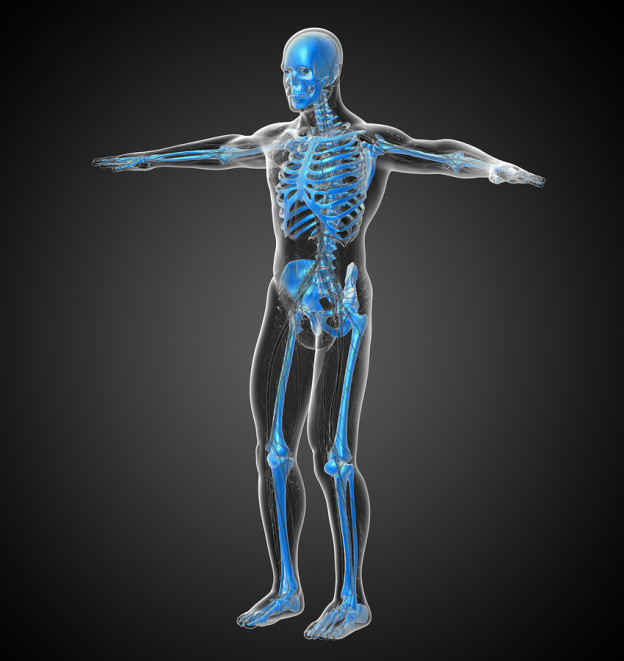
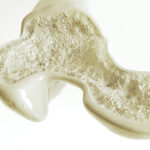
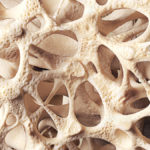

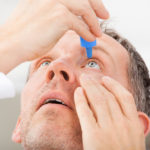
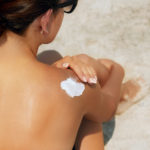

How about the role of vitamin K2 in directing calcium into the bones instead of sticking in the arteries?